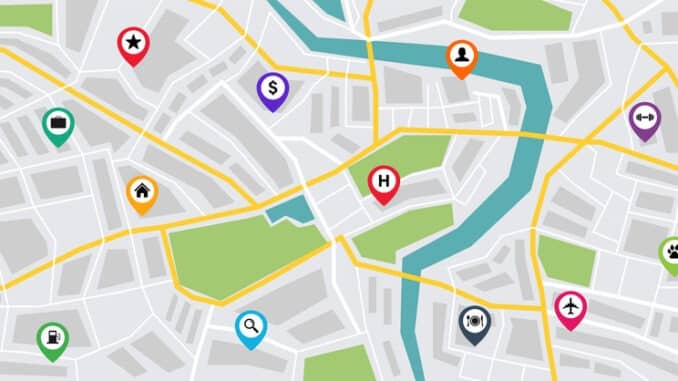
Organisations should be embedded in their communities and support those suffering economic hardship
CREDIT: This is an edited version of an article that originally appeared on Management Today
As Kim Gray – the then head of diversity and inclusion at technology company NTT Data UK – adjusted to working from home during the first COVID-19 lockdown in the spring of 2020, she found herself wondering, ‘How Pete’s doing?’
For a technology company, the switch to remote working was relatively easy. However, the almost complete absence of commuters proved catastrophic for 64-year-old Pete Pentecost, who earned a living handing out copies of the City AM newspaper at Bank station. Initially, Pete was put on furlough, but then he lost his job; he was forced to apply for universal credit and to wait seven weeks for his first payment.
When Kim returned to NTT Data UK’s head office at London Exchange in central London, she was immediately struck by how eerily empty the streets were. The local bars, cafes and restaurants that relied on office workers for their trade had been devastated by three months of lockdown – and of Pete Pentecost, someone whom Kim had grown to consider a friend because of their daily chats, there was no sign.
Eventually, she tracked him down and they discussed how office workers could help local businesses and families. This led Kim to reflect on the challenge ahead and hoped that NTT Data UK, like many other large employers in the City, could do more to give back to the community.
With the support of staff, company CEOs and some of NTT Data UK’s clients – notably the Ascot Group, Tokio Marine Kiln and Howden Group Holdings – the ‘City Gives Back’ initiative was launched in February 2021, in collaboration with Christ Church Spitalfields. The initial goal was to raise £10,000 for local food banks; in the first year, they smashed that target, generating nearly £50,000.
The average income in the City of London is £60,000 a year – two-and-a-half times the national average – yet some of the poorer families in the area, and in the nearby borough of Tower Hamlets, were living on £14 a week, probably less than a typical City worker would spend on coffee, breakfast and lunch in a single working day. In Tower Hamlets 56% of children live in poverty. These shocking statistics reinforced her conviction that something had to be done.
“People became more community-conscious during the pandemic – especially during the lockdowns – and there was a heightened awareness of the plight other people might be in. We wanted to do something for the greater good and we soon discovered that it was good for us too,” says Kim. “The economic hardship created by the pandemic has not gone away. Many of the most vulnerable people in the City and Tower Hamlets are now struggling to cope with the cost-of-living crisis.
To provide further help, the new City Gives Back campaign is launching a ‘social supermarket’ where people on low incomes can obtain low-cost food and other care services, including a new life skills programme that provides courses in money management, debt counselling, job skills and English.”



Be the first to comment